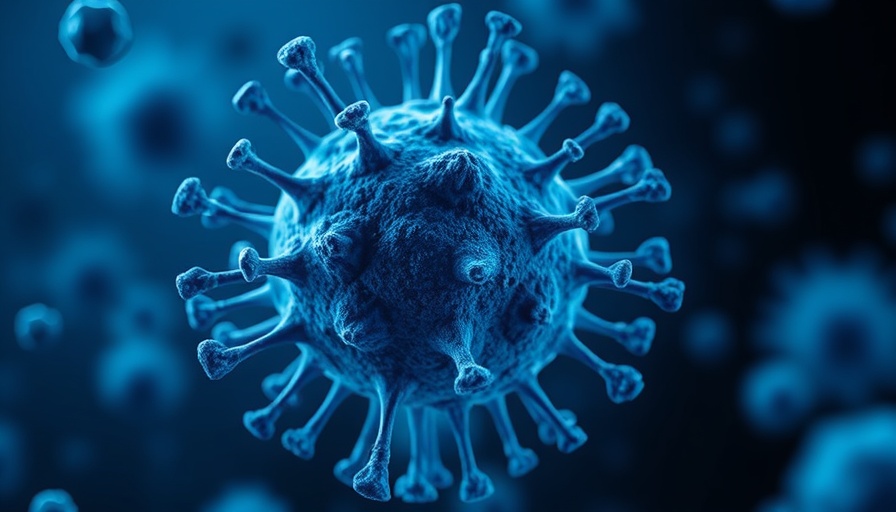
The Paradox of Immune Aging: A Double-Edged Sword
As we age, our immune systems undergo a complex transformation. A youthful immune system, while often beneficial in combating infections, can paradoxically become hyperactive in response to age-related triggers. This immune overactivity may set the stage for autoimmune disorders, particularly in older adults. Understanding this relationship is crucial for those in their 30s to 65s who are proactively managing their health for longevity.
Age and Autoimmunity: The Emerging Connection
The latest research underscores an evolving perspective on the immune system and aging. A study led by Dr. Cornelia Weyand at the Mayo Clinic has established a noteworthy link between age and the incidence of autoimmune diseases. The research indicates that post-60, individuals may exhibit unexpectedly youthful T cells, immune cells that play a critical role in immune responses. This youthful state can paradoxically lead to autoimmune conditions like giant cell arteritis (GCA), where these cells aggressively attack healthy tissues.
A Youthful Immune System: A Blessing or a Curse?
It appears that the vigor of a youthful immune system can have its drawbacks. While this aggressiveness equips the body to respond to infections more efficiently during younger years, it can also result in overlooked safety mechanisms as people age. In normal aging, a gradual decline in T cell activity serves to prevent the excessive autoimmune responses typical of diseases like GCA. However, in some aging individuals, notably those studied by Weyand, this reduced activity does not occur as expected. Instead, they maintain a continuous output of aggressive T cells, leading to unchecked inflammation and tissue damage.
Strategies Addressing Immune Function: Caution is Key
As we advance in years, strategies aimed at enhancing immune function must take this nuanced understanding into account. For health enthusiasts among us, it is vital to approach immune-boosting practices with caution. Overstimulation of a youthful immune system can exacerbate the risk of autoimmunity. Integrating anti-inflammatory diets, adequate rest, and stress-reducing activities can promote a balanced immune response while minimizing the risk of autoimmune diseases.
The Future of Immunological Research: Opportunities and Challenges
As our understanding of immune aging expands, researchers are laying the groundwork for innovative treatments tailored to this paradox. Future research may reveal interventions that facilitate healthy aging while minimizing the risks associated with an overly active immune response. These developments could fundamentally shift how we approach wellness and preventive care as we navigate the inevitable journey into our later years.
How to Balance Your Immune Health
For those who are health-conscious and value longevity, balancing your immune system is essential. Engaging in regular physical activity, maintaining a balanced diet rich in antioxidants, and ensuring adequate hydration can support immune health. However, there's no one-size-fits-all solution. Each individual must tailor their approach to accommodate their unique health status, lifestyle, and age-related changes.
Emotional Implications of Autoimmunity
Living with or at risk for autoimmune conditions can have profound emotional and psychological implications. The constant struggle with chronic inflammation and its effects on the body can lead to increased anxiety and a diminished sense of well-being. Support groups and mental health resources can provide valuable emotional support for those grappling with the challenges of autoimmune diseases.
Opportunities for Informed Action
The evidence suggests that as we strive for longevity and optimal health, awareness of our immune system's complexities becomes increasingly vital. Those in their 30s to 65s—often the very demographic eager to enhance their health—should remain informed about the implications of their immune health choices. This knowledge empowers individuals to make informed decisions and foster a supportive community around their health journey.
 Add Row
Add Row  Add
Add 




Write A Comment